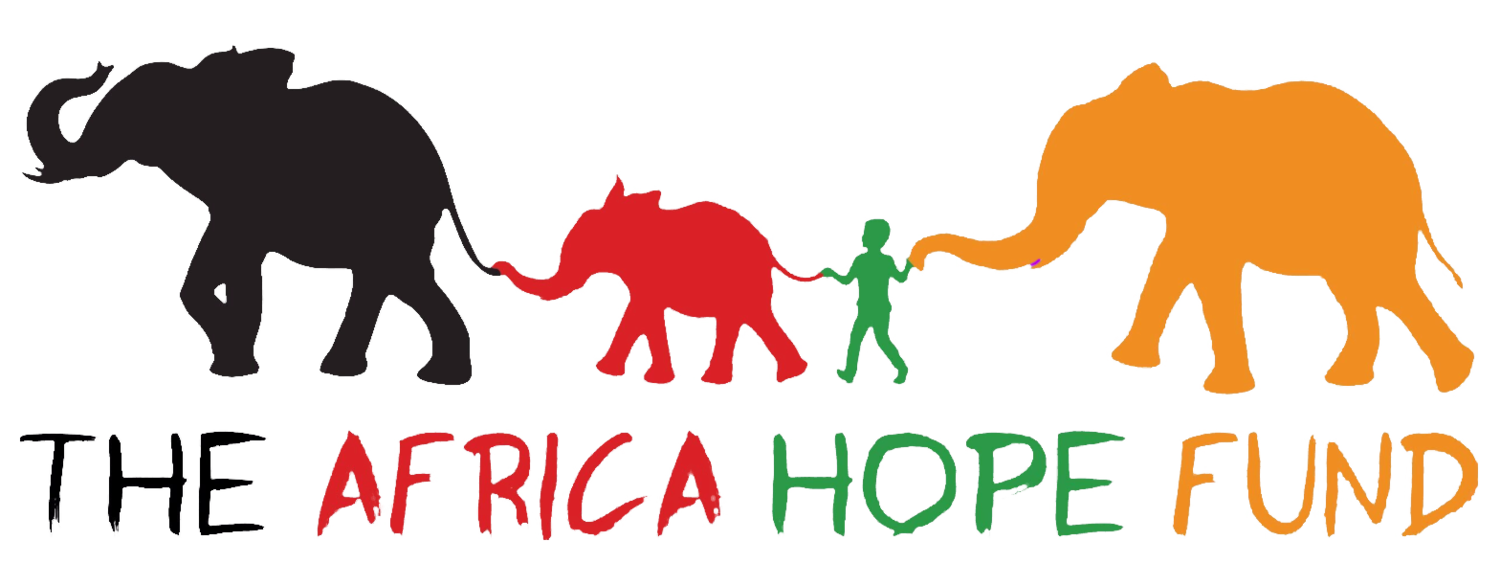Elephant Family Seperation in Zimbabwe
Would You Take Elephant Babies Away From Their Mothers?
For the fourth time since 2012, Zimbabwe has captured and plans to export 35 baby elephants to China for zoos. According to The Times of London, the calves are being held in pens in Hwange National Park for their 7,000 mile trip to China.
Zimbabwe has captured and exported 108 baby elephants to China since 2012, despite international opposition. Not only are the calves torn from their mothers frequently before they are weaned, but workers in Zimbabwe also beat and kicked the drugged baby elephants. Once they arrive, they are isolated in inadequate dark, barren cells. In 2012, only four elephants of the eight survived the journey, and another three died shortly after arriving in China, leaving only one lone survivor. In September 2015, National Geographic reported that elephants from the latest shipment in China were being mistreated and were slipping into poor health.
Baby elephants stay with their mothers for up to four years. They are weaned at about two years but need time to learn to forage for their food. Babies ripped away too soon, penned up in Zimbabwe, crated and flown to China have little chance of surviving, and if they do, the isolation and poor conditions are especially cruel to sentient, self-aware beings with close extended family connections.
There is an international outcry over China’s pillaging of Zimbabwe and the African Continent’s wildlife, but that doesn’t seem to stop plans Zimbabwe has to sell China more wildlife species in addition to elephants. Elephant expert Dr. Joyce Poole, one of the world’s leading elephant communication specialists, described the activities as “tragic and morally reprehensible.” But Zimbabwe’s Minister of the Environment Oppah Muchinguri-Kashiri said her country intends to increase the rate and range of wildlife exports as part of a scheme to raise funds for conservation. “The Chinese have inquired about more elephants, baboons, hyenas, lions, among others, and we will sell them more without hesitation. We are not going to apologize to anyone,” she said.
Africa Hope Fund stands with wildlife conservationists around the world to protest Zimbabwe’s actions, and we are more determined than ever to help protect elephants in the South Luangwa National Park in Zambia. Hwange National Park is only about 750 miles from one of our partners in anti-poaching, Conservation South Luangwa. It’s not a stretch to worry that when Zimbabwe runs out of elephants, the elephants in Zambia could be at greater risk. Help us continue to guard and protect these caring, sentient beings who help create the ecosystems upon which all wildlife in the bush depend. Join us on safari, share this blog, or donate to Africa Hope Fund, and we’ll make sure your donations help protect elephants.
Written by Patricia Cole
An Africa Hope Fund board member for 7 years, Pat is a writer and a conservation activist. After traveling to Zambia, she became dedicated to helping Africa Hope Fund provide education to the next generation of Africans and ensure their future by protecting wildlife. Find Patricia on Facebook and Twitter, or on her websites www.writepatwrite.com and www.patmcole.com
Enjoy reading this Elephant Blog post? Help support our future posts by becoming a Patreon supporter!

